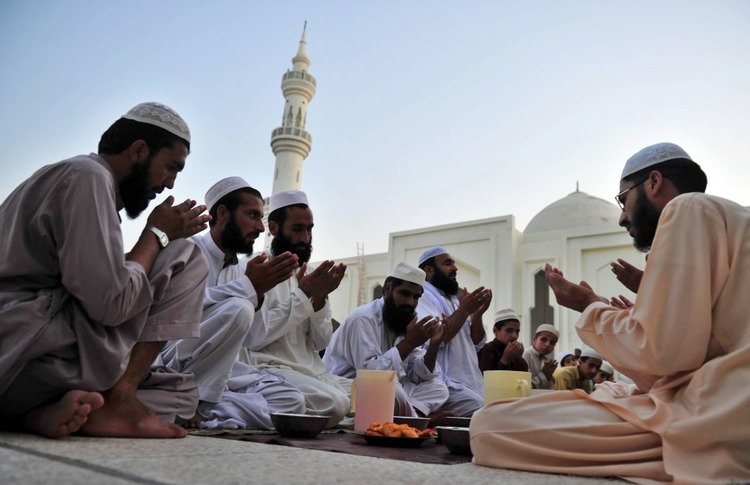
The Sunday Mail

Umari Stambuli Holy Qur’aan Speaks —
LAST week we discussed that the Holy Qur’aan constantly highlights and emphasises the need for each and everyone whom Allah has bestowed with any of His bounties, to be considerate of and be generous towards those who may be less privileged.
We noted that the circumstances of need may differ from category to category – like orphans, widows, elderly, sick, needy, and so forth. In that regard we highlighted the importance of caring for orphans, attending the needs of widows and the needy in accordance with the teachings of Holy Prophet of Islam, Muhammed (peace be upon him).
We pick up these teachings from there. Visiting and caring for the sick The Prophet (peace be upon him) regularly encouraged the faithful by saying, “Feed the hungry, visit the sick and free the captives.”
So besides mention of feeding the hungry which is a deed of compassion and kind heartedness, we also note the mention of visiting the sick and obtaining the freedom of those who are (unlawfully) held in captivity.
In common terms ‘visiting the sick’ simply denotes enquiring after one’s health but the Arabic term used is in a broader sense. It includes also the caring and arranging of treatment for the sick, if necessary and if one is able to do so.
The rewards and blessing for these deeds is (once again) very great, and enviable indeed is the lot of those who feel for the less fortunate and are willing to help them in any possible manner.
Respect and honour for the elderly In every society there are some members who are senior in age and others who are junior to them. The Prophet Muhammed (peace be upon him) has also explained (in his teachings) what their mutual behaviour should be.
This aspect of social conduct, which may appear insignificant to some people, plays an important part in promoting a happy and peaceful life, both at family and community levels.
The Prophet (peace be upon him) is reported to have stated that, “He is not of us, who is not affectionate to those who are younger than him and is not respectful to those who are older.”
The occasion for this statement, as related by one of the Companions of the Prophet (peace be upon him) was when an elderly man came to meet the Prophet (peace be upon him) and the people present in the gathering took some time to make way (clear a path in their midst) for him to go up to the Prophet (peace be upon him).
They did not move quickly enough as the old person’s age would have required and the Prophet (peace be upon him) felt that this was a lack of respect for the elderly man. It is extremely important that the elderly are always treated with great respect and tolerance.
Anyone who professes faith in The Almighty and following His Messengers, should accord due respect and honour to the old and infirm whether they are of one’s family or not.
In a Prophetic teaching we are told, “For the young man who will honour an old man because of his age, The Almighty will appoint men who will honour him in his old age.”
Thus we see that, although the eventual reward for showing good manners and respect to one’s elders will be in the Hereafter, from The Almighty Himself, The Almighty bestows His favours to such people in this world too.
For further information on Islam or a free copy of the Holy Qur’aan, please contact:
Majlisul Ulama Zimbabwe, Council of Islamic Scholars
Publications Department
P.O. Box W93, Waterfalls, Harare
Tel: 04-614078 / 614004, Fax : 04-614003
e-mail: [email protected]



